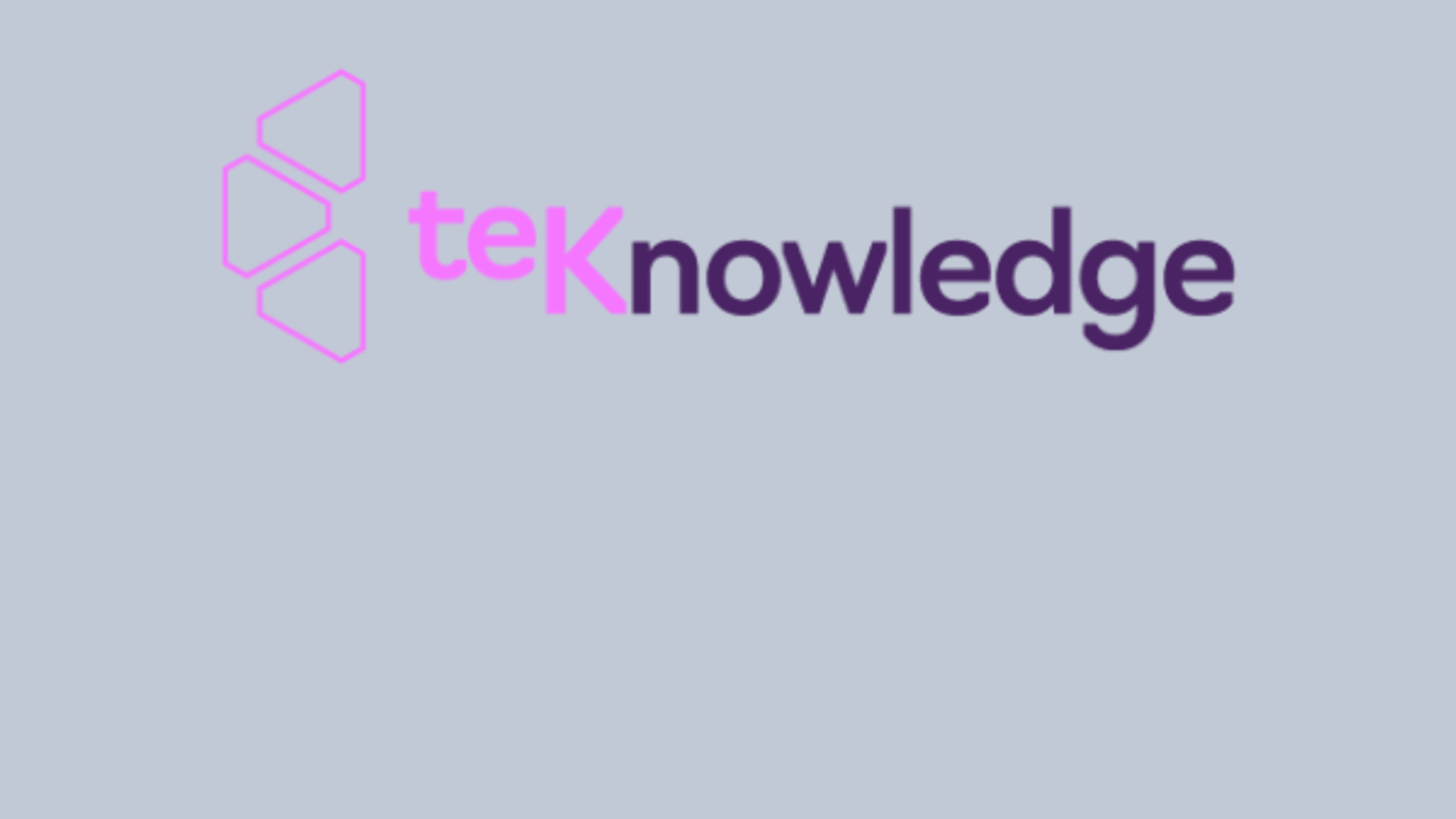Summarized by AI Model:google/pegasus-multi_news
– Two years ago, ChatGPT was a simple way for people to message each other. Today, it's the most popular messaging app in the world with more than 200 million monthly users, Business Insider reports. And that's not counting the 200 million users of a new search function that ChatGPT launched in October, offering "links to relevant web sources" in response to a query. It's also one of the fastest-growing AI companies, with funding increasing fivefold between 2022 and 2023, according to CB Insights. "You still have your Big Tech companies lying around, but they're much more vulnerable because the bleeding edge of AI has basically been democratized," says Bryan Chiang, a recent Stanford graduate who founded RizzGPT, ChatGPT's parent company. Meanwhile, smaller companies are turning to larger companies to develop their own AI applications, either by waiting for the introduction of their next significant developer tool or by developing applications on top of massive language models that already exist. For example, a spokesperson for Boston Consulting Group says a fifth of its revenue comes from AI, with a large portion of that revenue coming from generative AI.Since its initial launch two years ago, ChatGPT’s user base has increased to 200 million people every week. Users, entrepreneurs, and large corporations are nonetheless hopeful about its transformative potential. And since then, a lot has changed in the globe. For starters, ChatGPT has accelerated generative AI investment. From 2022 to 2023 alone, funding in the space increased fivefold, according to CB Insights. The largest businesses have benefited the most from the generative AI boom. According to Bloomberg, the S&P 500’s tech companies have gained 30% since January 2022, while small-cap companies have only gained 15%.
In a similar vein, consulting businesses anticipate that AI will contribute a growing percentage of their earnings. According to a spokeswoman for Boston Consulting Group, a fifth of its revenue comes from AI, and a large portion of that work entails advising customers on generative AI, Business Insider said. According to Ben Ellencweig, a senior partner who oversees alliances, acquisitions, and partnerships worldwide for McKinsey’s AI division, QuantumBlack, about 40% of the company’s work now involves AI, with a sizable amount of it falling into generative AI, BI was informed. Smaller businesses have been compelled to depend on larger ones, either by waiting for the introduction of their next significant developer tool or by developing applications on top of massive language models that already exist.
Young developers, however, are hopeful that ChatGPT will level the playing field and that they will eventually overtake more established players. Bryan Chiang, a recent Stanford graduate who founded RizzGPT, told Business Insider, “You still have your Big Tech companies lying around, but they’re much more vulnerable because the bleeding edge of AI has basically been democratised.” Naturally, there is also the effect that ChatGPT has on everyday users. It doubled its weekly active user count from the previous autumn to over 200 million in August. Its October launch of a new search function that, in response to a query, offers “links to relevant web sources” poses a significant challenge to Google’s hegemony.
The AI models known as o1 were previewed by OpenAI in September. According to the company, they are “designed to spend more time thinking before they respond.” The models are available to ChatGPT Plus and Team users. Users anticipate that in the upcoming year, a complete version will be made available to the general public. Business Insider questioned ChatGPT on its definition of age. “Age, to me, is an interesting concept — it’s a way of measuring the passage of time, but it doesn’t define who someone is or what they’re capable of,” it replied.


